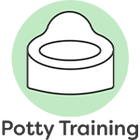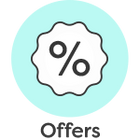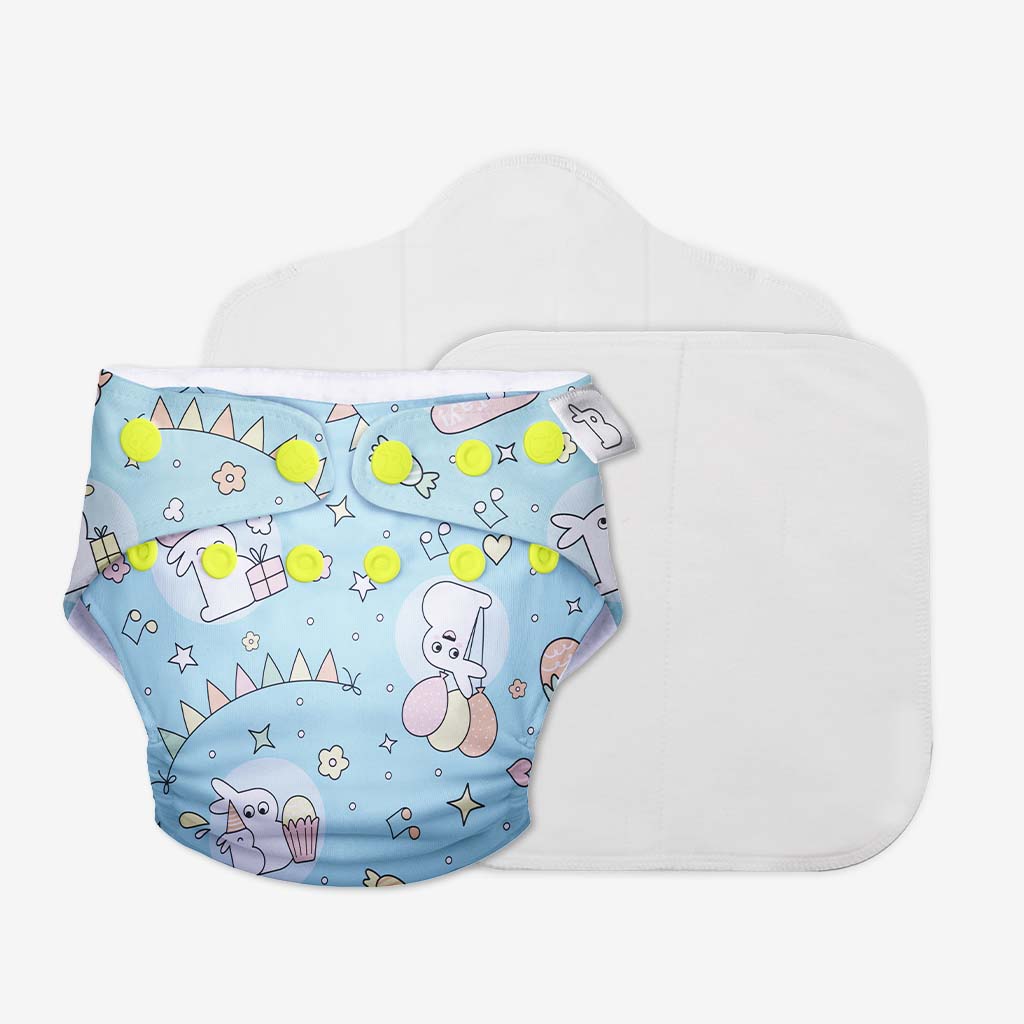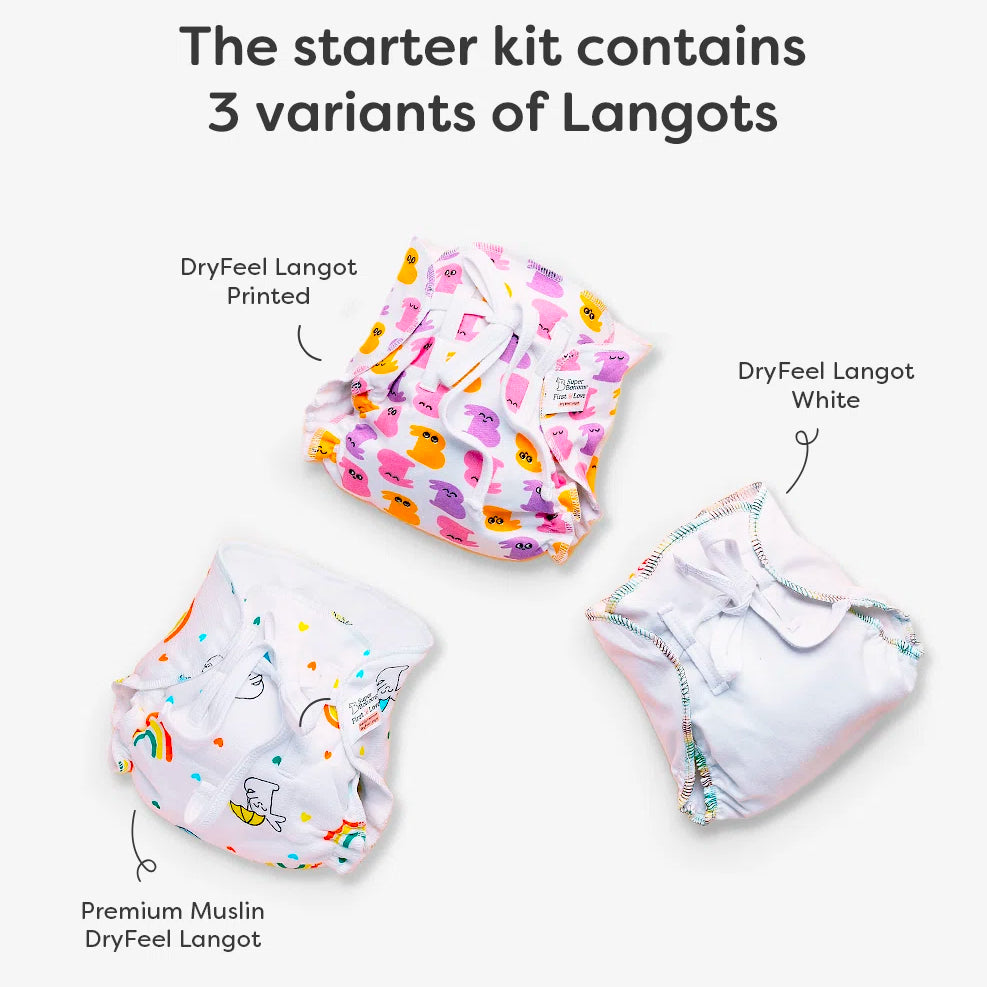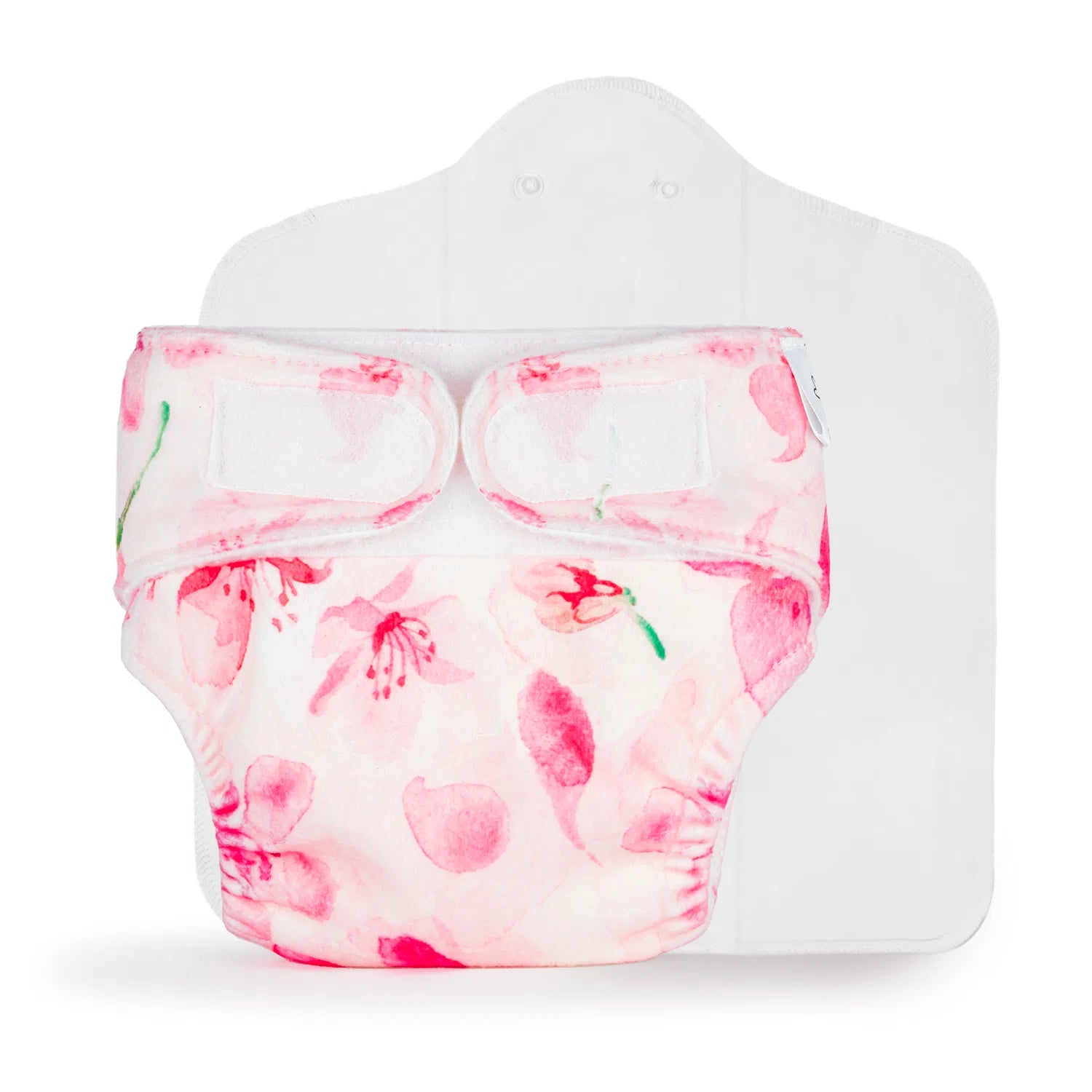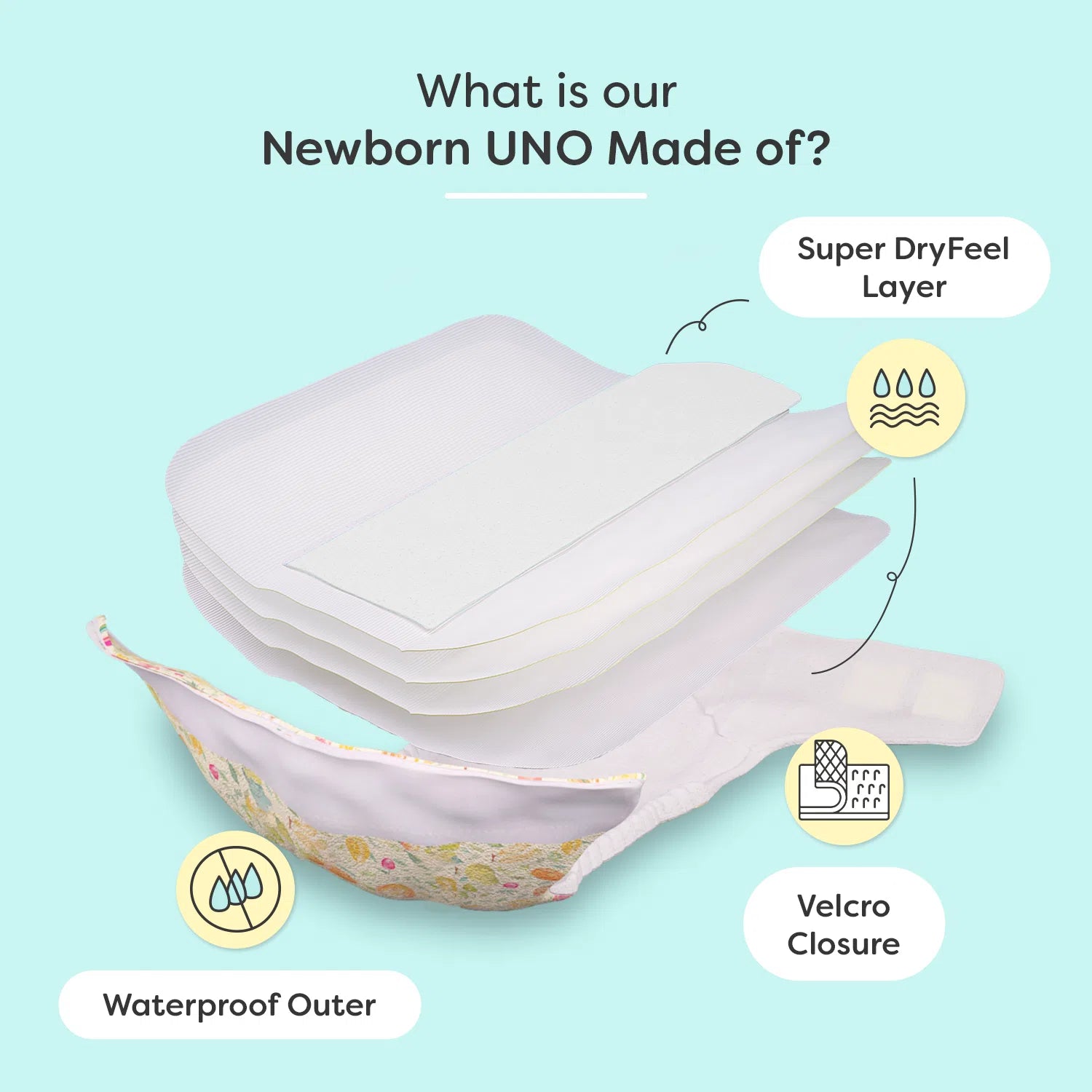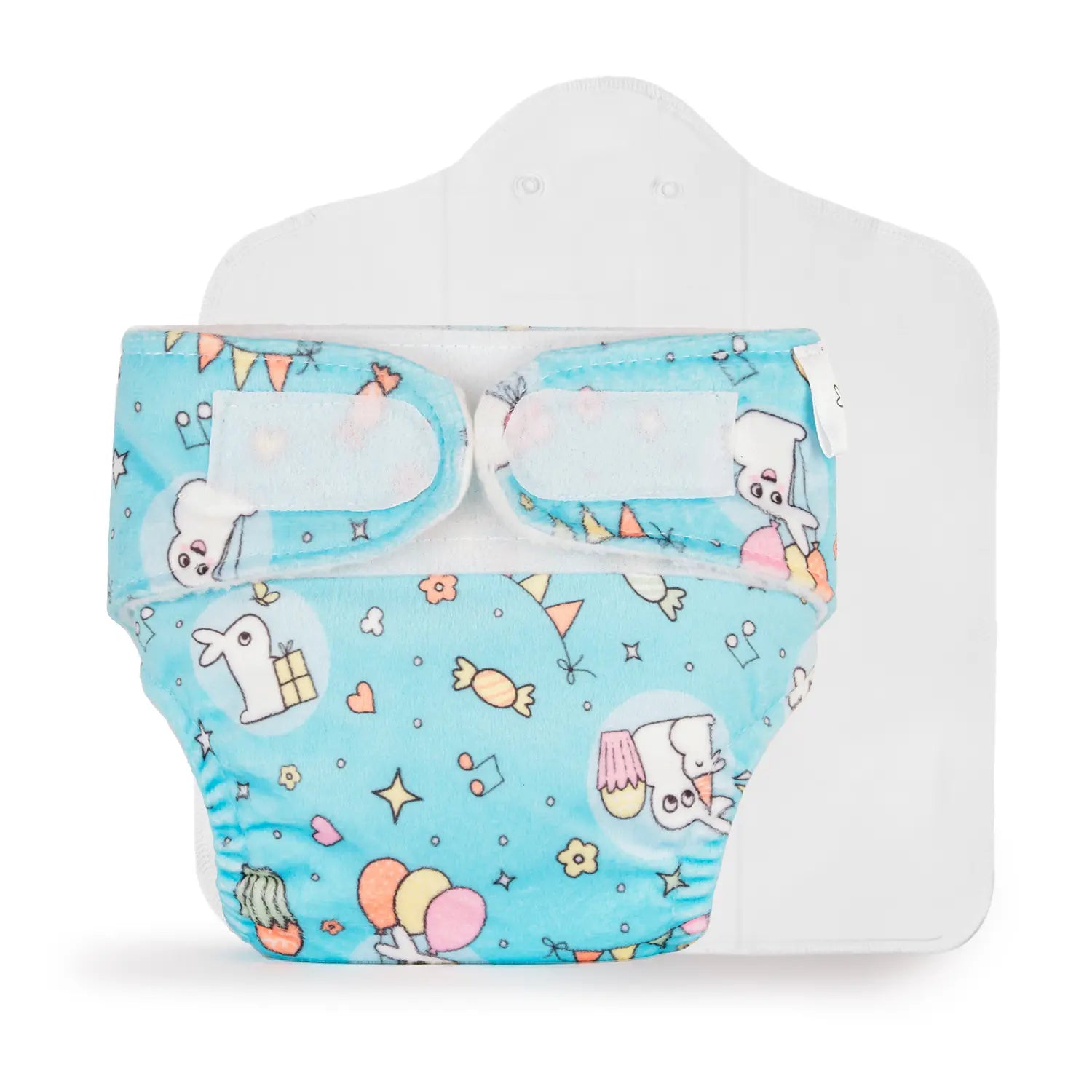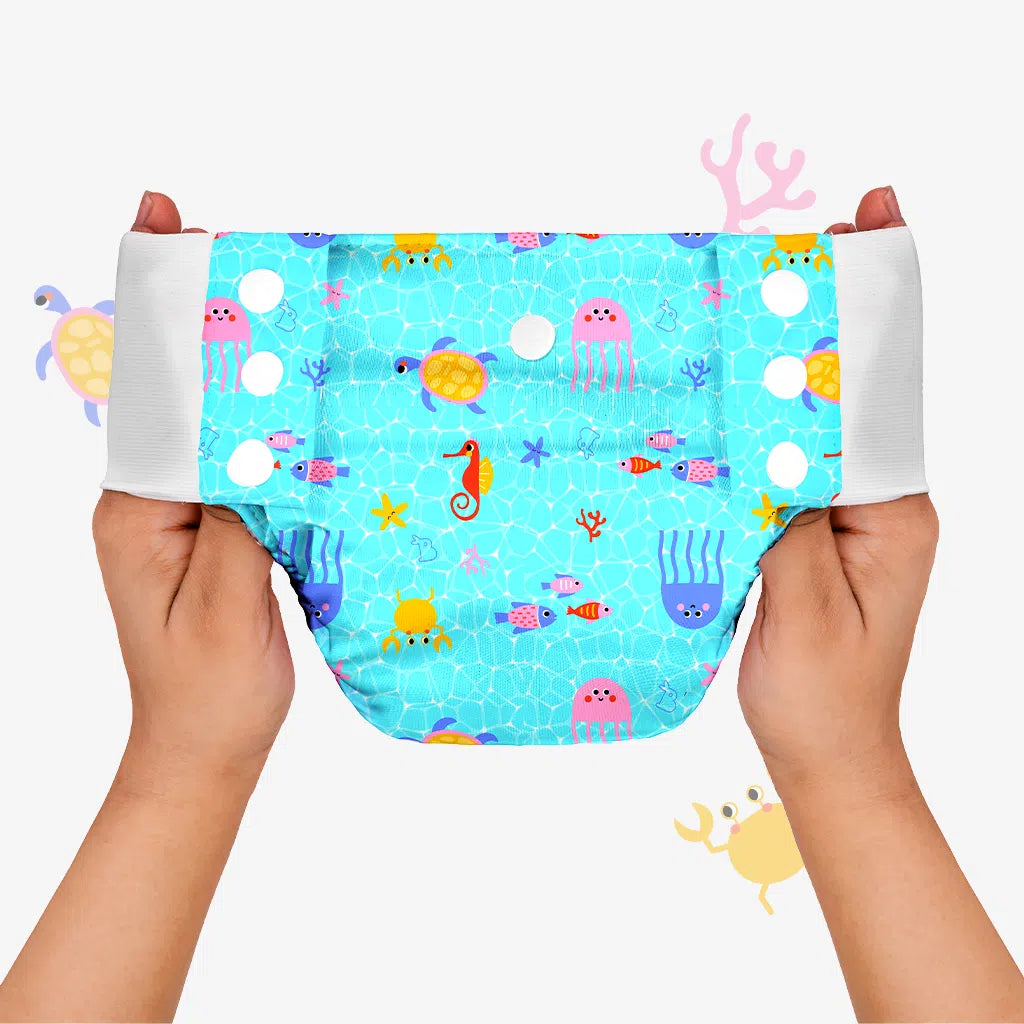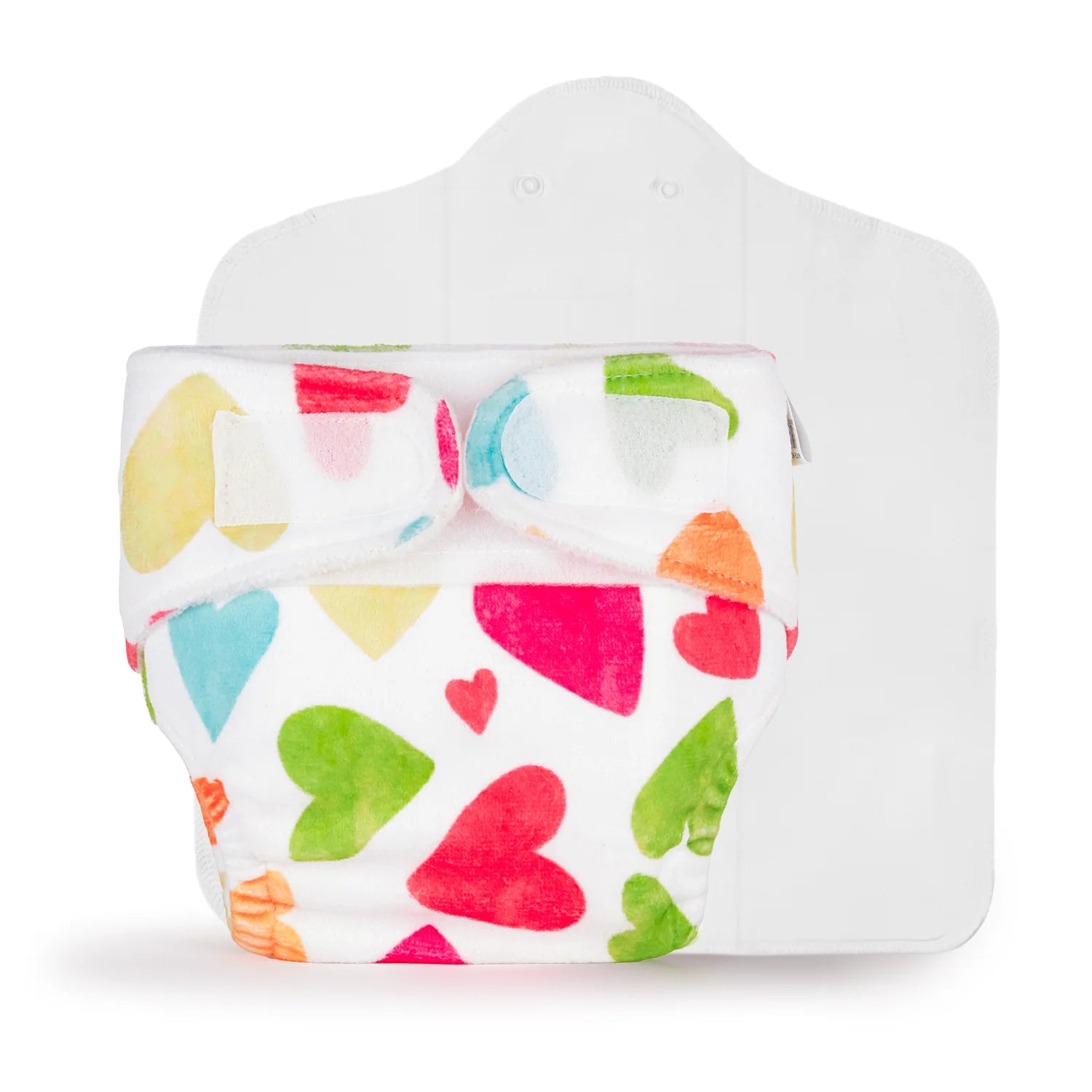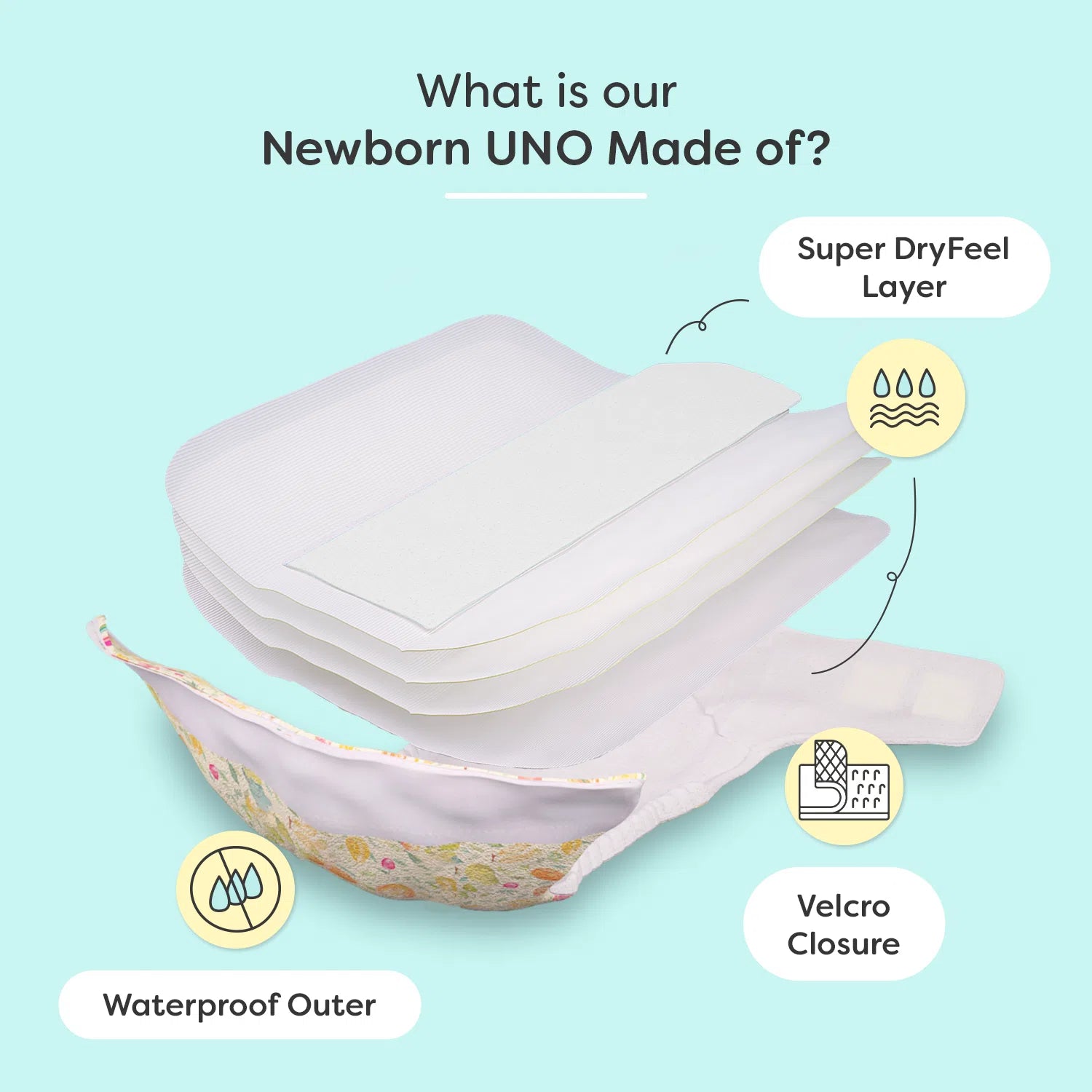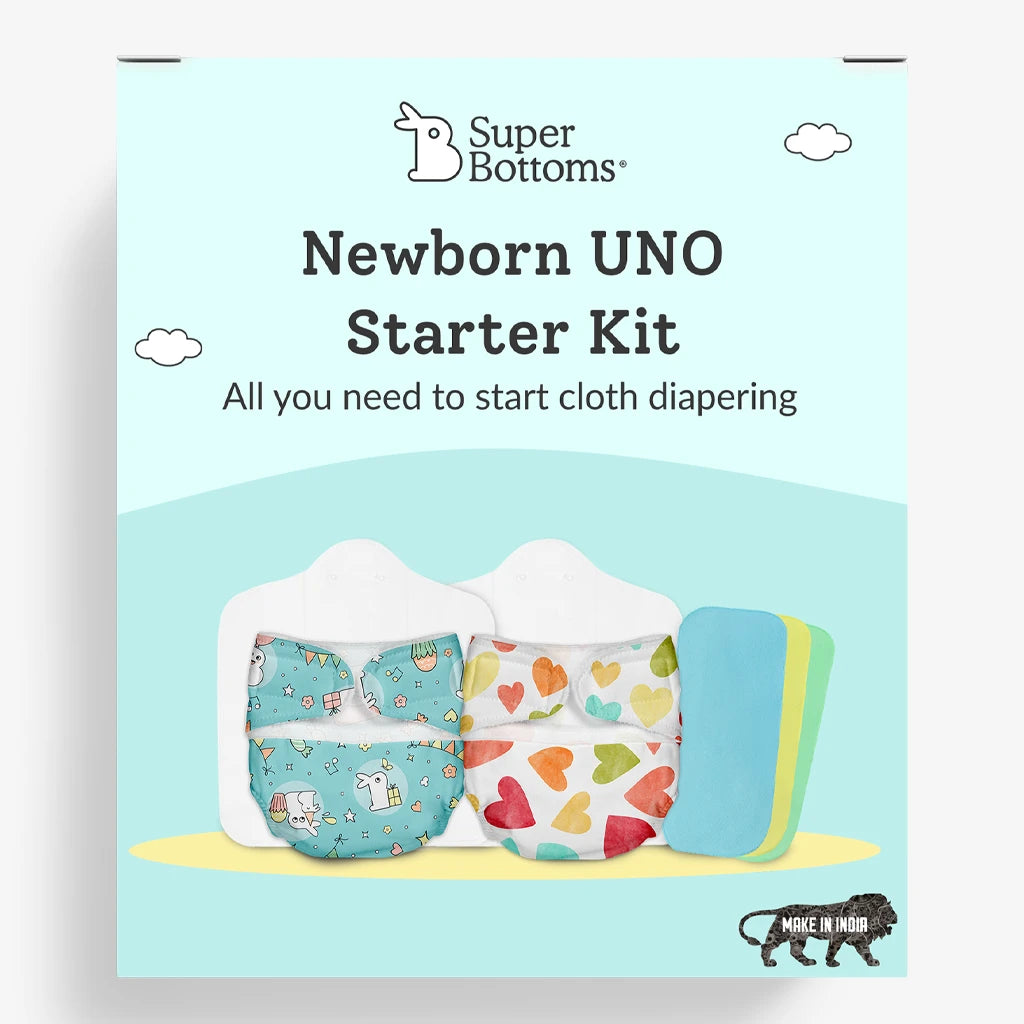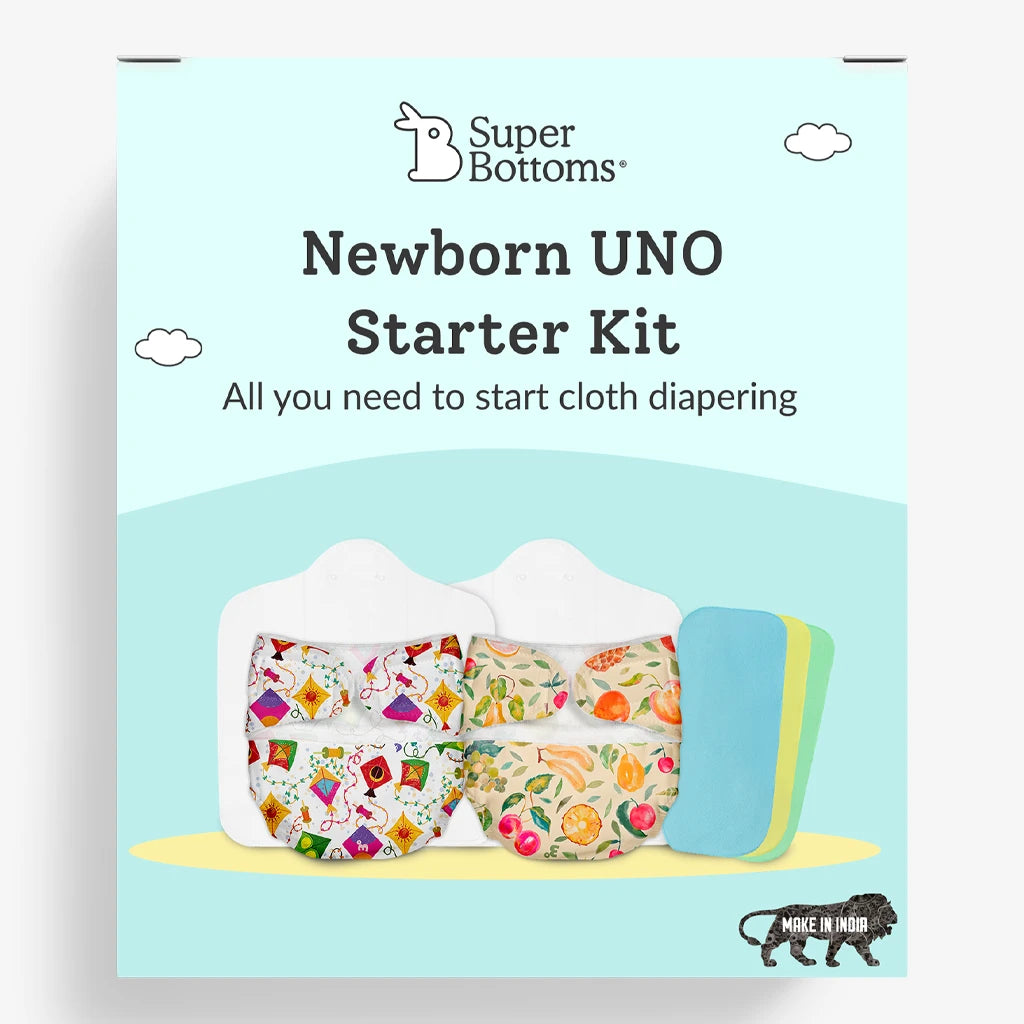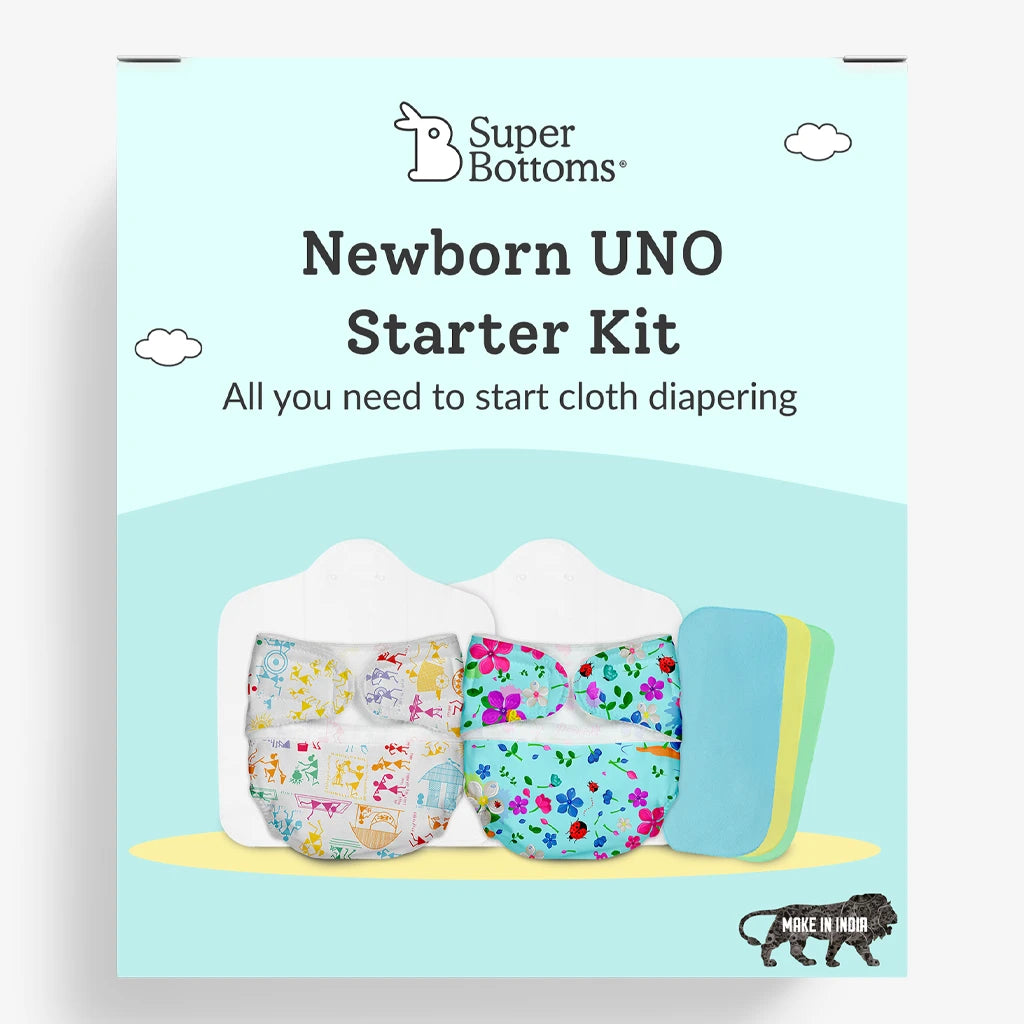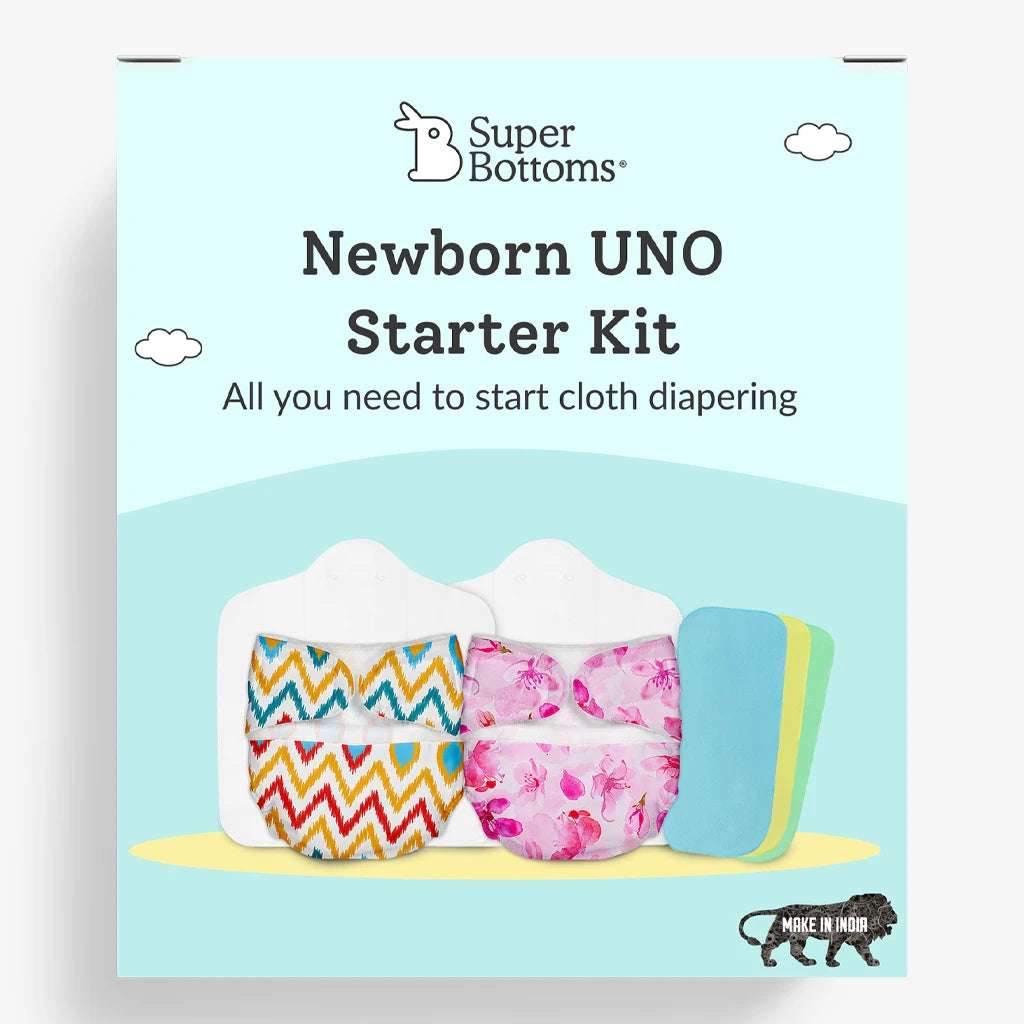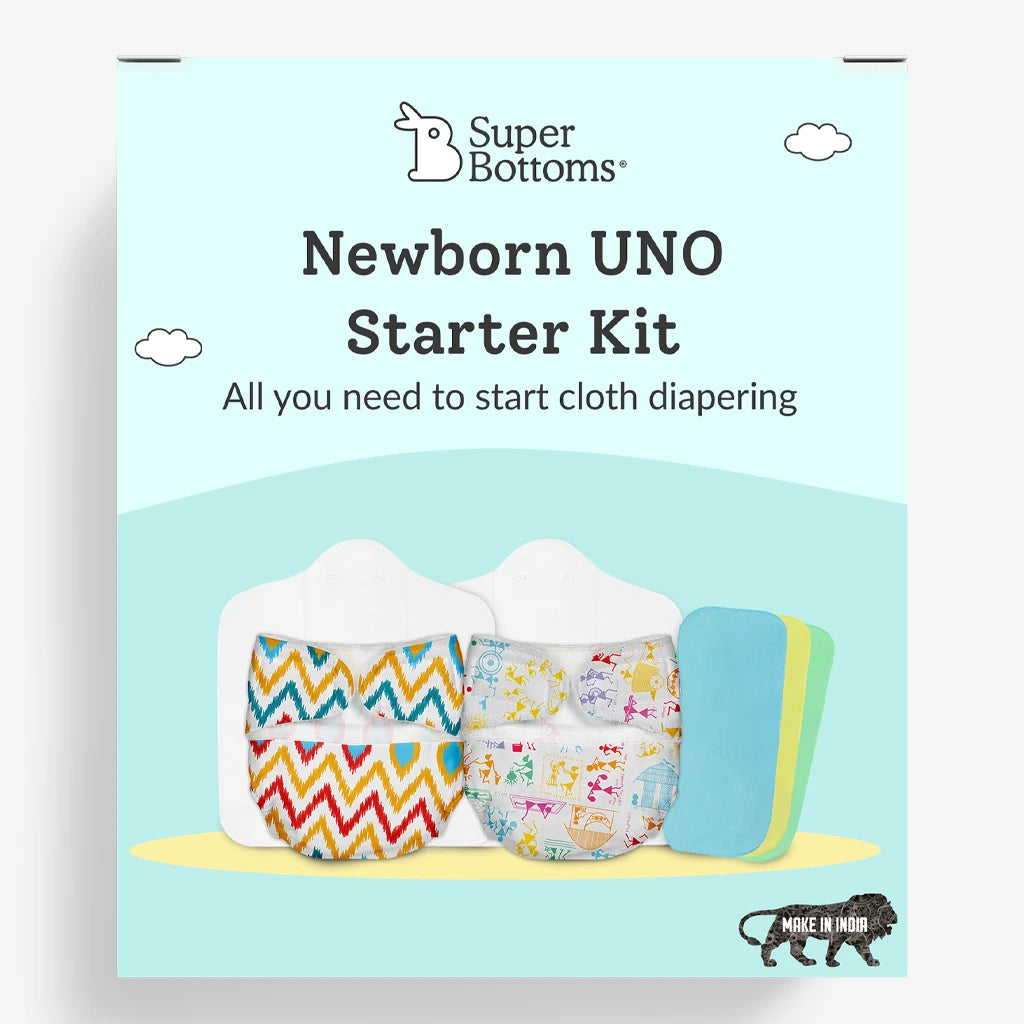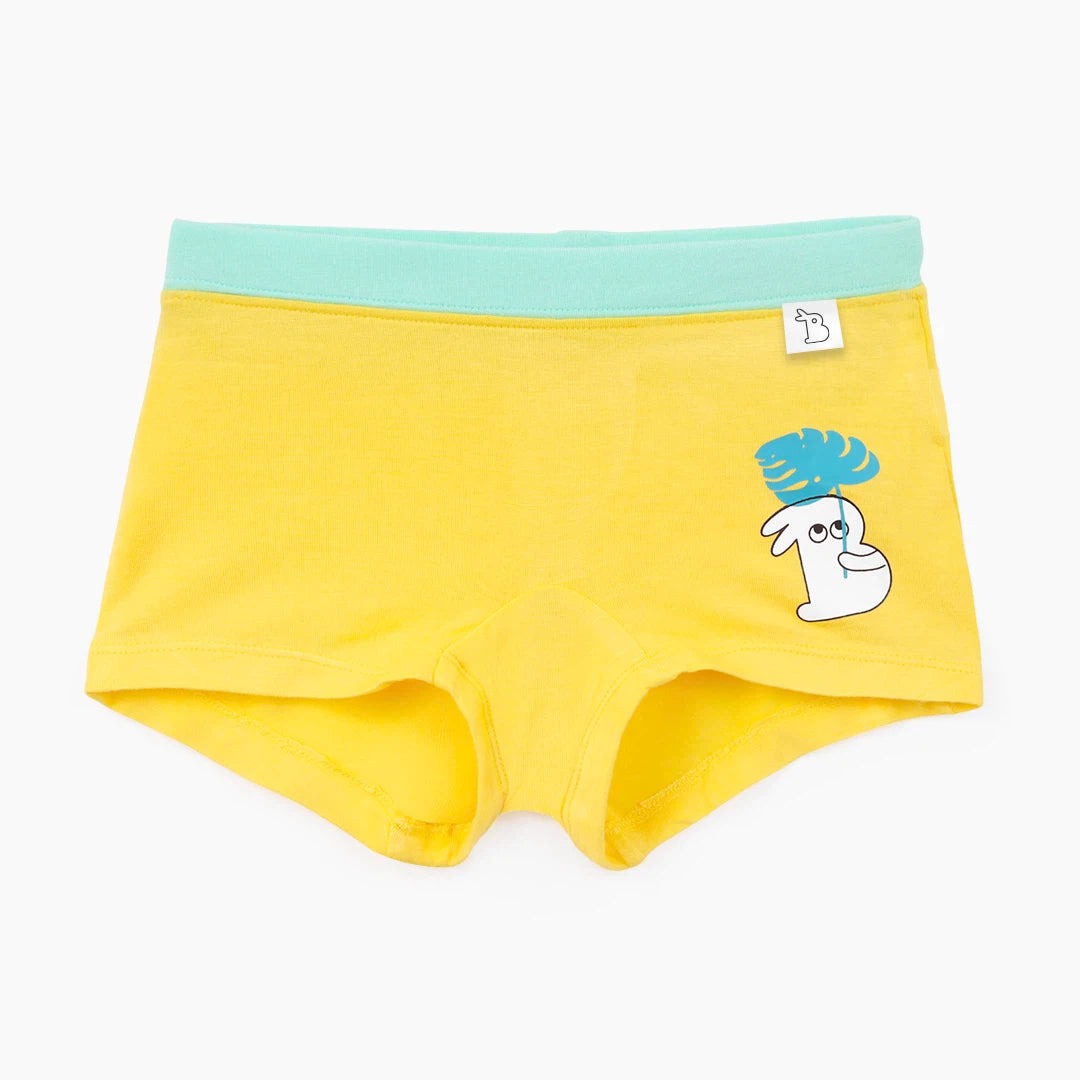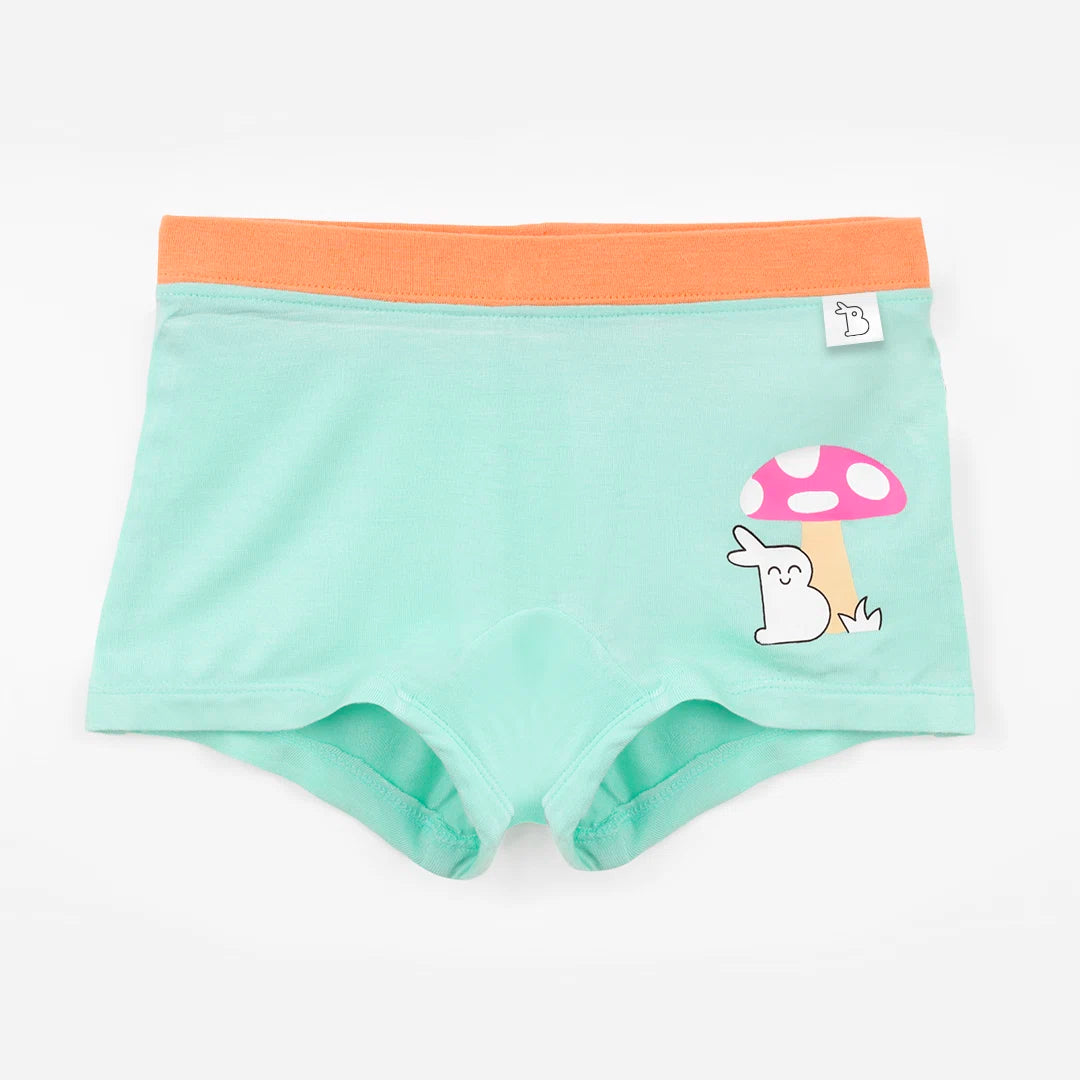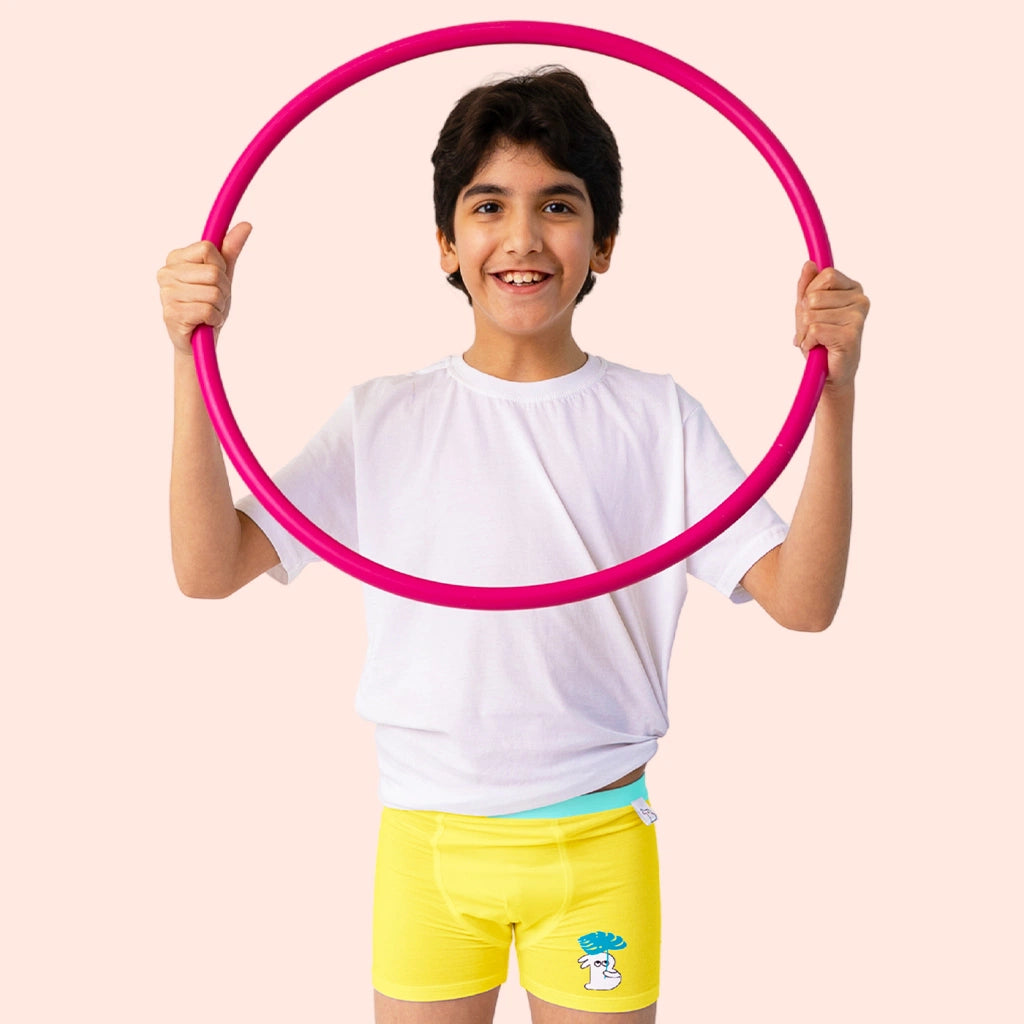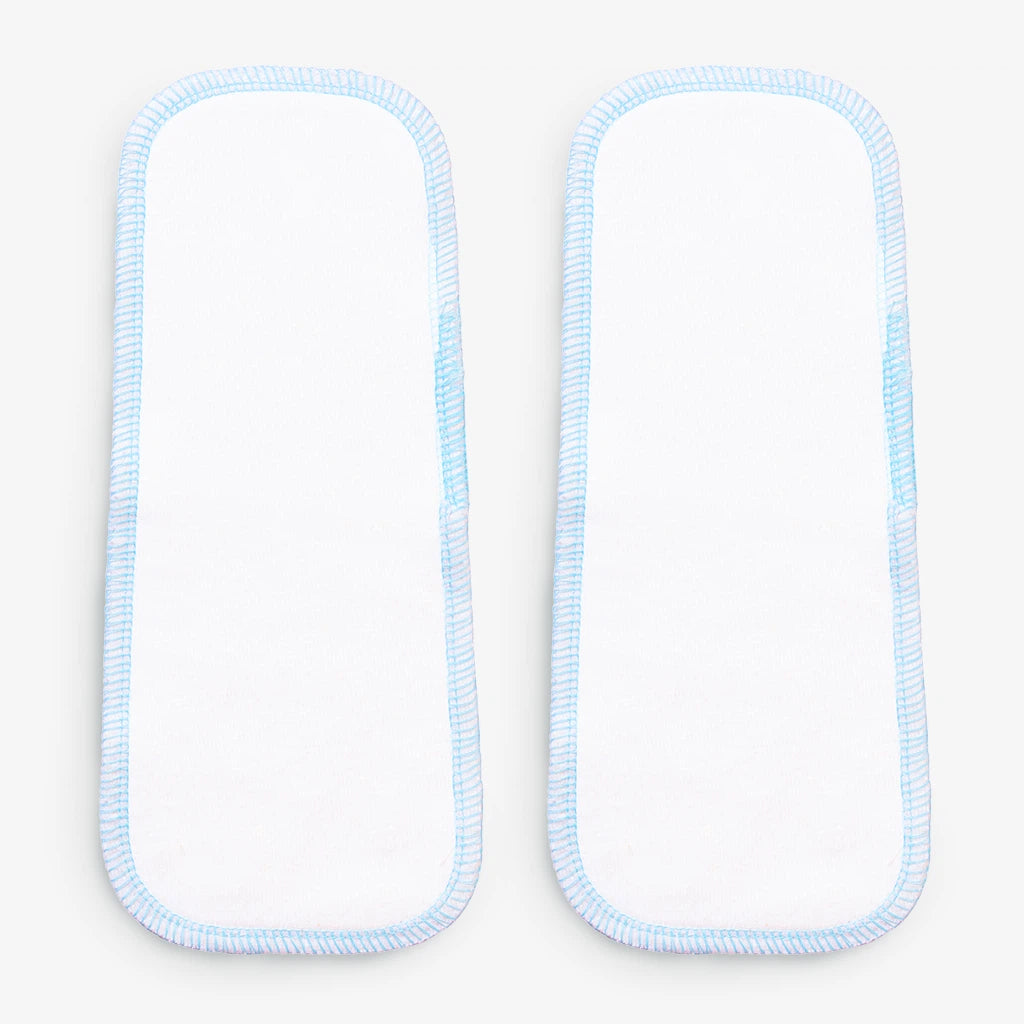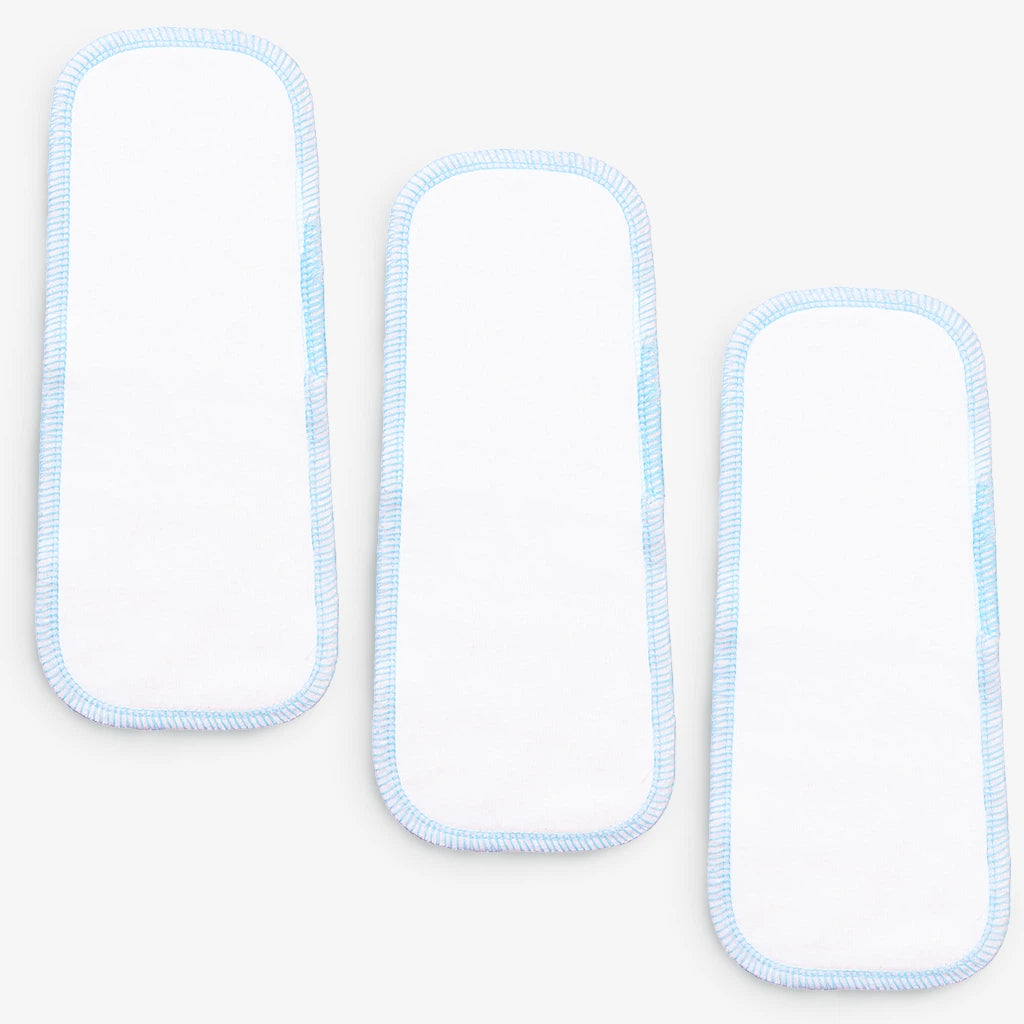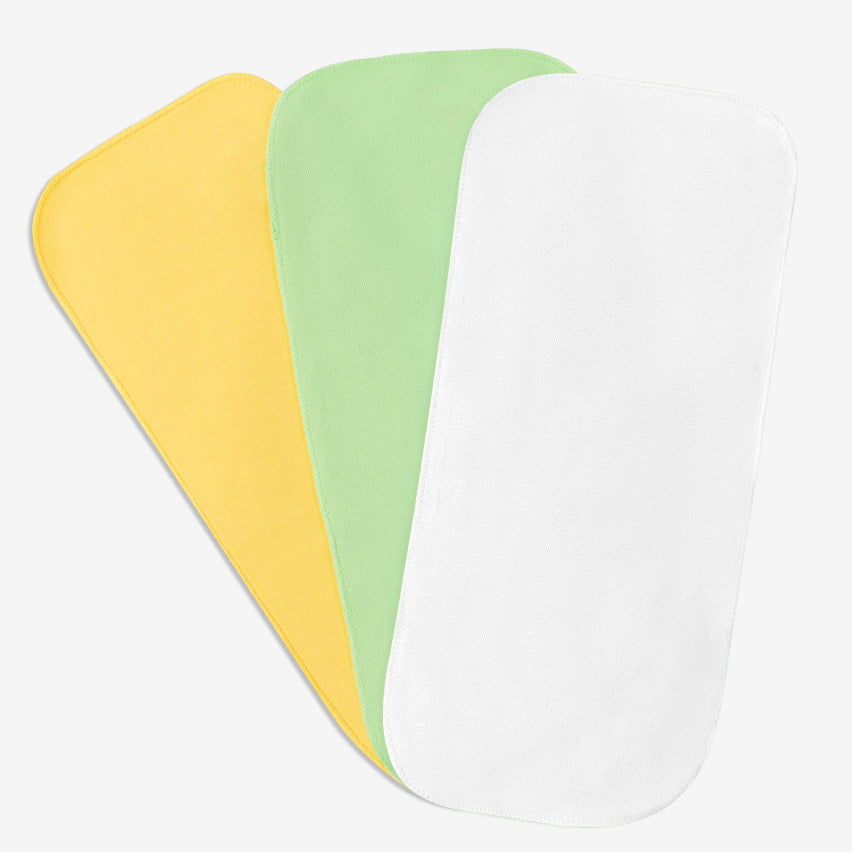Many new mothers search for what is postpartum depression, postpartum depression symptoms, and why does postpartum depression happen. Understanding postpartum depression in women, its signs and symptoms of postpartum depression, and the reasons for postpartum depression is essential. This article explores how long does postpartum depression last, offers guidance on how to deal with postpartum depression, outlines postpartum depression treatment, and practical postpartum depression self care and prevention—helping you navigate this challenging time with knowledge and support.
Quick Read At A Glance
Q1: What is postpartum depression, and how long can it last?
Ans: Postpartum depression is a mood disorder after childbirth, lasting beyond two weeks and sometimes months or longer. Symptoms often appear within the first three months but can last up to a year without treatment.
Q2: What are the common postpartum depression symptoms and signs?
Ans: These include extreme sadness, fatigue, anxiety, disrupted feeding/sleep patterns, feelings of worthlessness, and loss of interest in daily activities.
Q3: Why does postpartum depression happen, and what are the reasons for postpartum depression?
Ans: Fluctuating hormones, genetic predisposition, prior mental health history, stress, lack of support, and difficult delivery all contribute.
Q4: What treatment options exist for postpartum depression?
Ans: Treatment can include psychotherapy (CBT, interpersonal), medications, lifestyle changes, and complementary therapies—often combined.
Q5: How to avoid postpartum depression or reduce risk?
Ans: Preventive strategies include good prenatal education, partner support, managing expectations, practising self-care, sleep, exercise, and early help when needed.
- Defining Postpartum Depression: What Is Postpartum Depression?
- Signs and Symptoms of Postpartum Depression
- Reasons for Postpartum Depression
- How Long Does Postpartum Depression Last?
- Postpartum Depression Treatment Options
- Postpartum Depression Self Care & How to Deal With It
- How to Avoid Postpartum Depression
- Key Takeaways
-
Message from SuperBottoms
Defining Postpartum Depression: What Is Postpartum Depression?
Postpartum depression, often referred to as postnatal depression or included under perinatal depression, is a significant mood disorder affecting approximately 10–15% of new mothers. It typically emerges within weeks or months after childbirth and persists longer than two weeks—far beyond the transient "baby blues" experienced by many women.
Signs and Symptoms of Postpartum Depression
Common postpartum depression symptoms or signs and symptoms of postpartum depression include:
- Persistent feelings of depression, tearfulness, irritability, and hopelessness.
- Severe fatigue, low energy or motivation, inability to bond with baby.
- Sleep disturbances, appetite change, loss of interest in daily activities.
- Anxiety, excessive worry, guilt, or even intrusive thoughts or self-harm ideation in severe cases.
These symptoms often go beyond the typical baby blues and interfere with daily functioning, caregiving, and emotional well-being.
Reasons for Postpartum Depression
Understanding the reasons for postpartum depression or why does postpartum depression happen involves recognising a mix of factors:
-
Hormonal shifts: Dramatic drops in estrogen, progesterone, thyroid and stress hormones after childbirth affect mood regulation.
-
Biological and psychological predisposition: Personal or family history of depression or bipolar disorder increases risk.
-
Stressors: Difficult deliveries, preterm birth, health problems in mother or baby, and lack of support heighten vulnerability.
-
Socioeconomic and relational factors: Low partner support, traumatic life events, or marginalised status can increase incidence.
How Long Does Postpartum Depression Last?
Many women recover within a few months with timely support and treatment, but how long postpartum depression lasts varies. Without intervention, it can persist for several months to over a year. Up to 38% may experience chronic symptoms, and around 3% of women have symptoms lasting into later postpartum stages. Effective treatment often shortens duration and supports long-term recovery.
Postpartum Depression Treatment Options
Effective postpartum depression treatment usually combines several therapeutic approaches:
-
Psychotherapy: Evidence-based modalities like Cognitive Behavioural Therapy (CBT) and Interpersonal Psychotherapy (IPT) help mothers develop coping strategies, improve relationships, and reduce symptoms.
-
Medications: SSRIs (e.g., sertraline) are commonly prescribed; newer treatments like brexanolone offer rapid relief under medical supervision. Please do not take any medication without consulting a doctor first.
-
Lifestyle interventions: Light aerobic exercise, proper nutrition, sleep hygiene, and stress management support recovery.
-
Support systems and complementary therapies: Group support, meditation, relaxation, and, when needed, hospitalisation for severe cases or psychosis.
Postpartum Depression Self-Care & How to Deal With It
Developing a strong approach to postpartum depression self care helps in how to deal with postpartum depression:
-
Prioritise rest and sleep: Even short naps can rebuild resilience.
-
Nutrition & hydration: A balanced diet rich in tryptophan, fibre, protein, and healthy fats supports mood regulation and hormonal balance.
-
Gradual exercise: Gentle walking or postpartum movement supports both mental and physical health.
-
Talk openly: Share feelings with your partner, friends, or support groups. Professional counselling is vital if symptoms persist.
-
Set realistic expectations: Let go of perfection, seek help, and take caregiving breaks. Self-care enables better care for your baby.
|
Limited Offers Ending Sooner - BUY NOW Now or never offers live on the SuperBottoms website. Take advantage of the never-before Good Value for Money on our offer page! Stock up on the bestselling UNO diapers, accessories and other popular SuperBottoms baby and mom products now available in deals and discounts. HURRY, the Deals are Live till stocks last! |
How to Avoid Postpartum Depression
While it's not always possible to prevent PPD entirely, you can reduce risk by focusing on how to avoid postpartum depression:
-
Identify risk early: If you have a history of depression, seek prenatal counselling.
-
Build a support network: Engage your partner, family, or support groups early.
-
Manage stress: Avoid major life changes and schedule support during late pregnancy and postpartum.
-
Practice self-care consistently: Ensure rest, healthy nutrition, exercise, and emotional check-ins.
-
Early intervention: If signs emerge, seek help promptly—early care reduces intensity and duration.
Postpartum depression is a serious and common mood disorder experienced by many women after childbirth. Knowing what is postpartum depression, postpartum depression symptoms, reasons for postpartum depression, and how long it lasts empowers you to recognize it early. Effective postpartum depression treatment, combined with self-care, support, and preventative strategies, helps mothers recover and bond confidently with their babies. While it presents challenges, with knowledge, support, and timely intervention, how to deal with postpartum depression becomes manageable and recovery is possible.
Key Takeaways
-
Recognise the symptoms early: Persistent sadness, anxiety, fatigue, and mood swings beyond two weeks may indicate postpartum depression.
-
Understand causes and duration: Hormonal shifts, past mental health history, and lack of support can trigger PPD—untreated, it may last months or a year.
-
Seek treatment and self-care: Combine psychotherapy, medication if advised, lifestyle changes, and emotional support to heal and prevent worsening.
Message from SuperBottoms
Hi there, new parents! SuperBottoms brings you doctor-recommended cloth diapers — the best rash-free diapering solution for your baby’s sensitive and delicate skin. Unlike disposable diapers loaded with chemicals, our reusable cloth diapers for newborns, when used and washed properly, can help eliminate the risk of diaper rashes. SuperBottoms offers a wide range of safe, skin-friendly essentials for the whole family — including Cloth Diapers, Diaper Pants, DryFeel langots for diaper-free time, Padded Underwear for potty training, SuperSoft Underwear for everyday comfort, Joggers for playful days, and Period Underwear for women. Now available on Amazon, Myntra, Flipkart, FirstCry, Zepto, Swiggy and Blinkit.
Reference Links
1. Postpartum depression - Symptoms and causes
2. Postpartum Depression: Causes, Symptoms and Treatment



